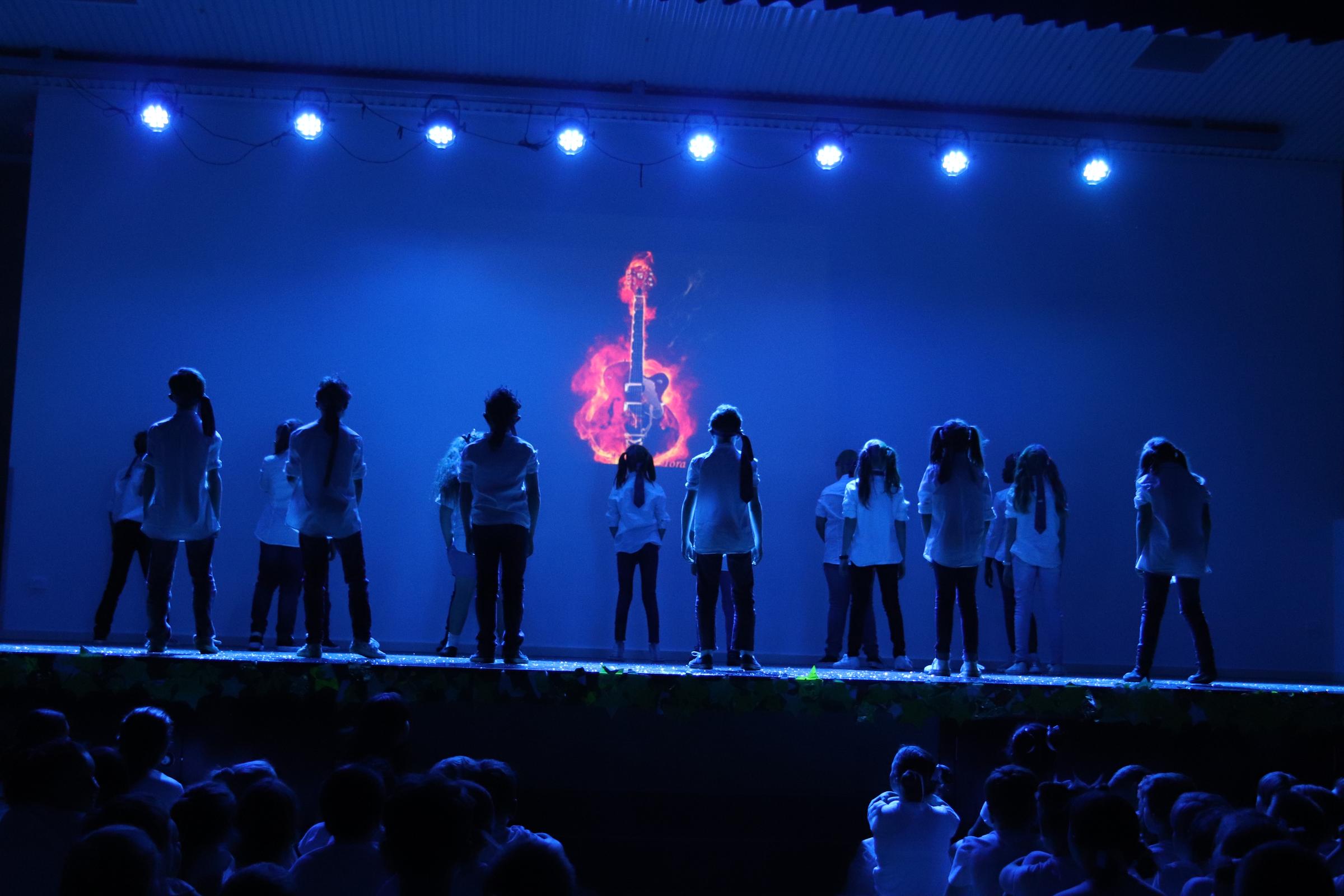Primary News

Big Write and Talk Homework
Our VCOP and Big Write journey continues to build momentum in 2020. This approach aims to specifically support students in increasing their skills in uplevelling the writing elements of:
Vocabulary
Connectives
Openers
Punctuation
An element of the ‘Big Write and VCOP’ approach, is for students to celebrate their increasing confidence and competence through specially dedicated writing opportunities known as ‘Big Write’.
As part of the ‘Big Write’ approach, students will be given ‘Talk Homework’. The idea of Big Write and Talk Homework is; ‘if the children can’t say it, they can’t write it’. We need to encourage the development of oral language and listening skills in order to develop children’s writing ability. Talk Homework is an approach developed through Big Write that promotes the development of such conversations.
Your child will come home with a new stimulus prior to each Big Write. This may arrive home on different days depending on when Big Write is going to take place in the week. This will inform you of the topic to discuss with your child in order to help them with the content of their writing the following day. The ‘Big Write’ is a celebration time. It is their chance to ‘show off’ how much they have learnt during the week in Literacy; it is not, and should not, be seen as a test.
To help your child get the most out of their ‘talk homework’ task, we suggest that you try to do the following:
Encourage as many family members as possible to be involved in ‘Talk Homework’, possibly around the meal table, clearing up after the meal, at bedtime after a story etc.
Switch off the T.V. and other electronic devices, so there are no distractions! Try to ensure this is dedicated talking and listening time. It only needs to be 10-15mins.
When giving your opinion, use the word ‘because’ to explain why you think that.
Give the possible opinions or ideas of two contrasting family members who are not present for the talk, and use the word ‘because’ to explain why they may be different or extend ideas with details and explanations.
Ask others around the table to give their opinions or ideas in detail.
Ask your child his / her opinion or ideas encouraging them to give details and borrow ideas or language from other family members as they see fit.
Link the topic you are given back to something you remember from when you were a child and say why things may be different now. Project forward to how things may be different in the future.
If you require any support or clarification about how to conduct ‘Talk Homework’, please contact your child’s class teacher.
The following video is an example of "Talk Homework". We look forward to sharing some of our own "Talk Homework" videos in the future.
https://www.youtube.com/watch?v=OqaLm1Y9TFQ&feature=emb_logo
Home Reading
At St Philomena's, we continue our relentless focus on literacy through support at home in the form of home reading.
Each term Kindergarten students will bring home a Home Reading Diary. This diary has a section for you to record the books you have read to/with your child. At the back of these books are some revision activities. It is important these activities are only completed once indicated by the class teacher. The diary is sent home every Monday and we ask that it is returned every Friday.
Year 1 - 6 read, read, read!
Years 1 - 6 will use their Home Reading Log, which is returned after 20 nights of reading, and signed by the leader of learning. After 100 nights of reading they will receive a merit at the whole school assembly. Children may choose to read the same book more than once or over several nights. It is also okay to record the reading of books you already have at home or have borrowed from the town library.
Each student will have been given a Home Reading Log, although please find a copy attached for your own reference.
